The deep reader, protected from distractions and attuned to
the nuances of language, enters a state that psychologist Victor Nell, in a
study of the psychology of pleasure reading, likens to a hypnotic trance. Nell
found that when readers are enjoying the experience the most, the pace of their
reading actually slows. The combination of fast, fluent decoding of words and
slow, unhurried progress on the page gives deep readers time to enrich their
reading with reflection, analysis, and their own memories and opinions. It
gives them time to establish an intimate relationship with the author, the two
of them engaged in an extended and ardent conversation like people falling in
love.
This is not reading as many young people are coming to know it. Their reading is pragmatic and instrumental: the difference between what literary critic Frank Kermode calls “carnal reading” and “spiritual reading.” If we allow our offspring to believe that carnal reading is all there is—if we don’t open the door to spiritual reading, through an early insistence on discipline and practice—we will have cheated them of an enjoyable, even ecstatic experience they would not otherwise encounter. And we will have deprived them of an elevating and enlightening experience that will enlarge them as people. Observing young people’s attachment to digital devices, some progressive educators and permissive parents talk about needing to “meet kids where they are,” molding instruction around their onscreen habits. This is mistaken. We need, rather, to show them someplace they’ve never been, a place only deep reading can take them.
This is not reading as many young people are coming to know it. Their reading is pragmatic and instrumental: the difference between what literary critic Frank Kermode calls “carnal reading” and “spiritual reading.” If we allow our offspring to believe that carnal reading is all there is—if we don’t open the door to spiritual reading, through an early insistence on discipline and practice—we will have cheated them of an enjoyable, even ecstatic experience they would not otherwise encounter. And we will have deprived them of an elevating and enlightening experience that will enlarge them as people. Observing young people’s attachment to digital devices, some progressive educators and permissive parents talk about needing to “meet kids where they are,” molding instruction around their onscreen habits. This is mistaken. We need, rather, to show them someplace they’ve never been, a place only deep reading can take them.

























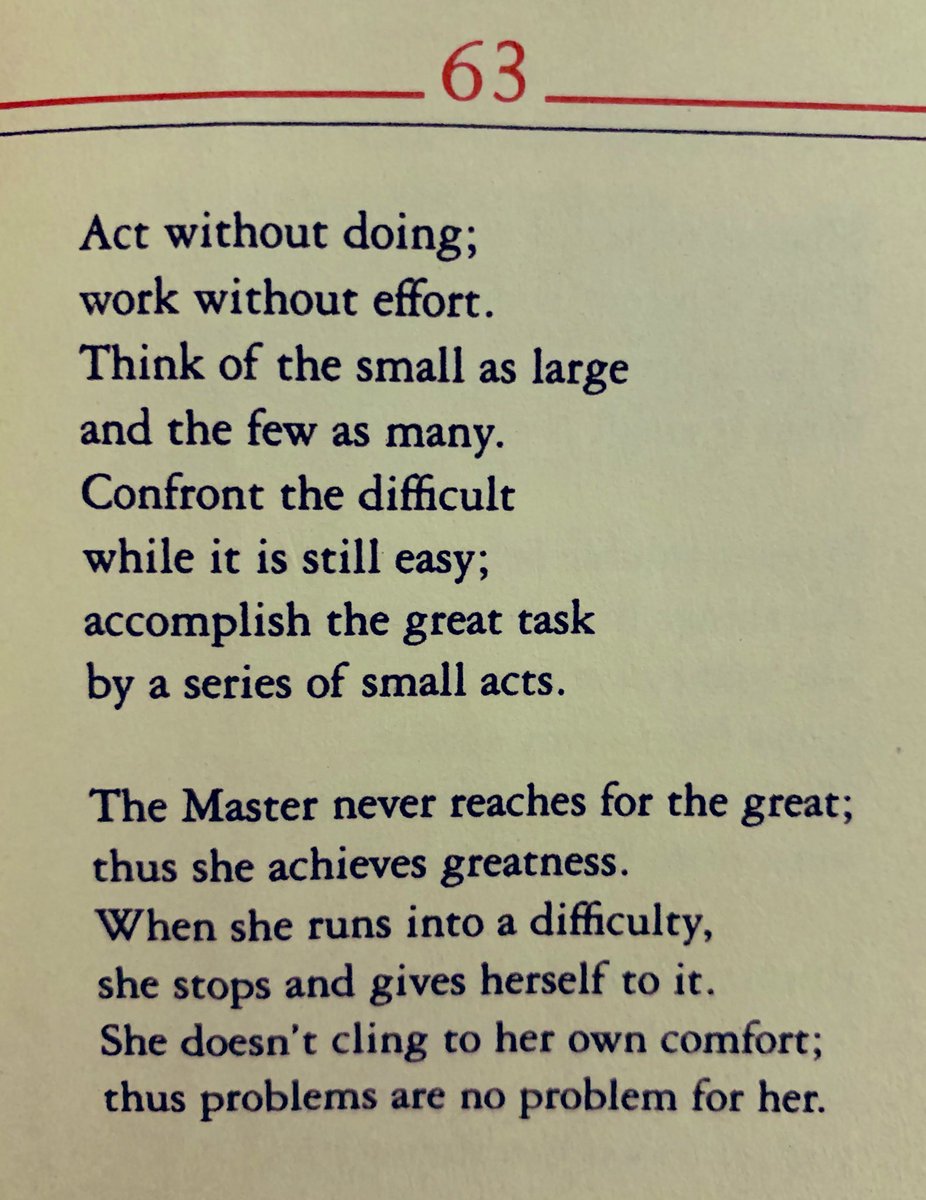









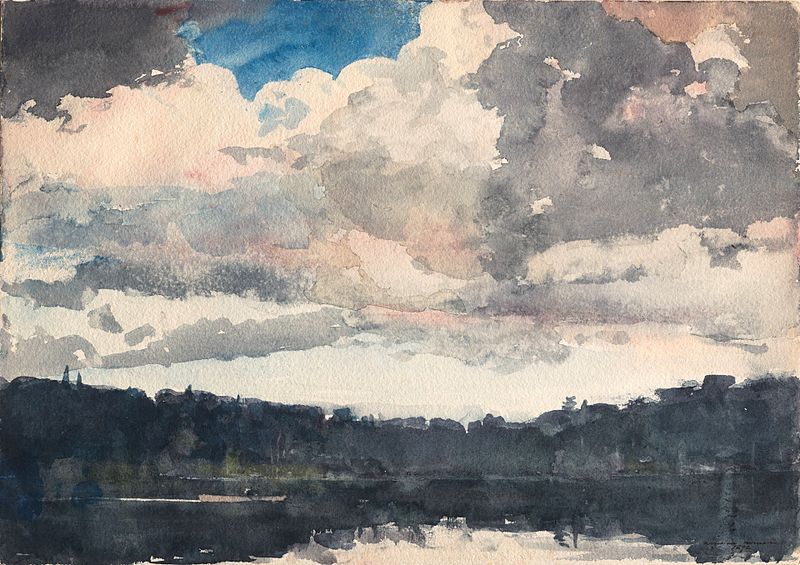





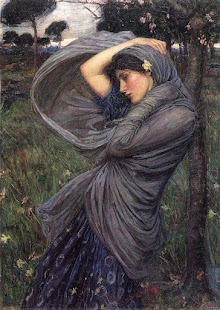





















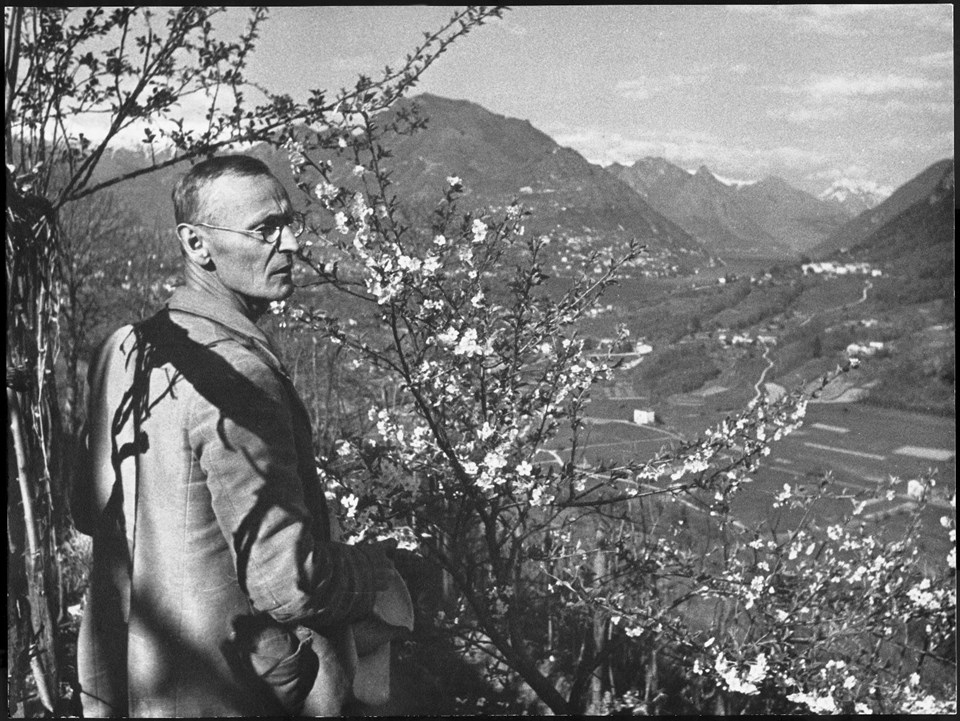


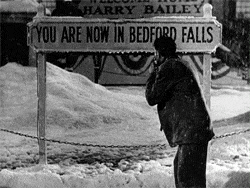







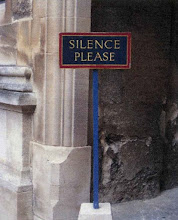












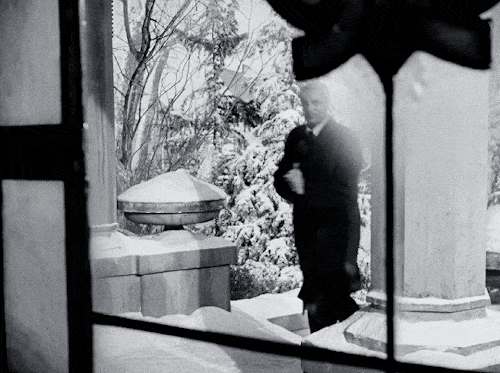


















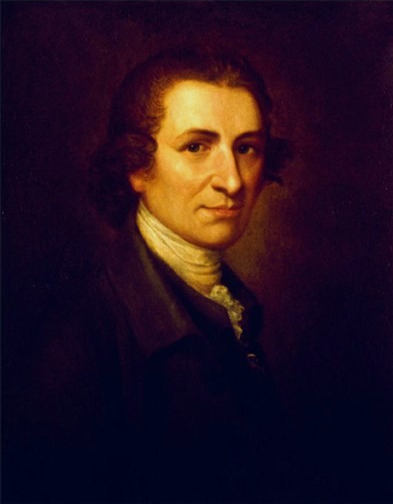










No comments:
Post a Comment